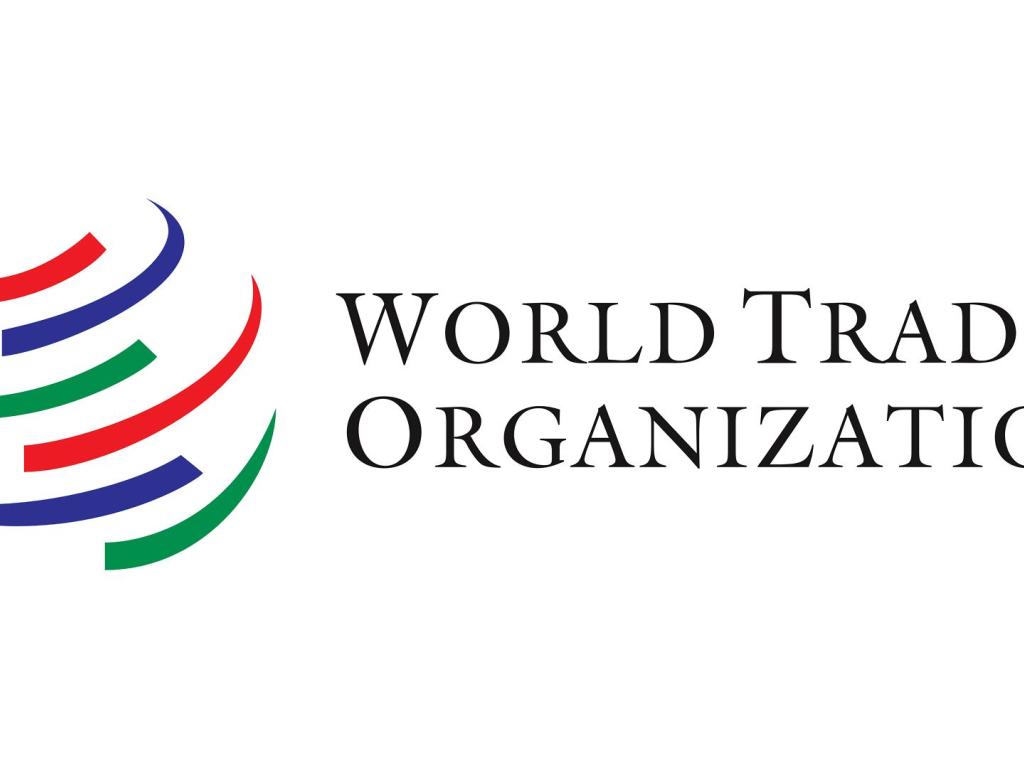A Reflection on the Consequences of the WTO Appellate Body's collapse
By Joseph Mugauri
Wednesday 8 June the Joint Academy on International Trade Law and Policy explore a plethora of crises currently affecting the World Trade Organisation ahead of its delayed 12
th Ministerial Conference. Since 6 June, the Centre for WTO Studies (CWS) and the World Trade Institute, Bern (WTI) are conducting the 8th Edition of the Joint Academy on International Trade Law and Policy. The academy is being hosted virtually and will continue until 1 July 2022. On the 8th of June, the academy hosted a Trade Talk by WTI's Director,
Professor Peter Van den Bossche on the multiple crises facing the WTO ahead of its 12th Ministerial Conference.
One crisis highlighted, among others, was the Appellate Body's collapse, and a reflection of the consequences is worth having. The appellate body's primary purpose is to hear appeals from disputing members of the WTO. Through this function, the body can reshape trade rules whenever they fail to align with the objectives of the WTO and maintain a balance of power between trading states. Therefore, the absence of this body leaves all the appeals from member states unattended and unresolved. The backlog of unresolved cases disrupts relations between states, particularly hindering trade flow.
The absence of the Appellate Body exposes global trade to unscrupulous behaviour by member states as they will intentionally violate the WTO rules knowing they will not be held accountable. Furthermore, vulnerable states, underdeveloped and developing in particular, are prone to unfair practices of a trade carried out by developed states in the absence of a body of authority to intervene and strike a balance.
In conclusion, global trade is in crisis. The collapse of the appellate body exposes the rules of trade to intentional violations without accountability. For this reason, trade is hindered, and a potential collapse of trade relations between states looms.


